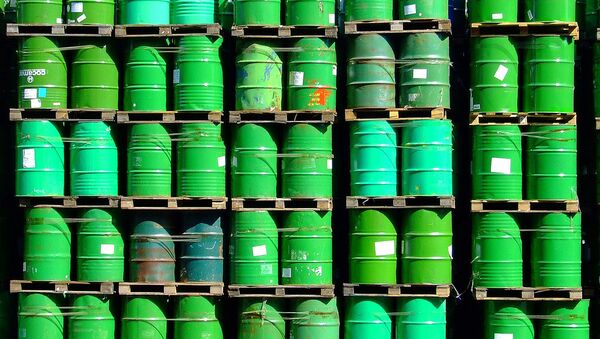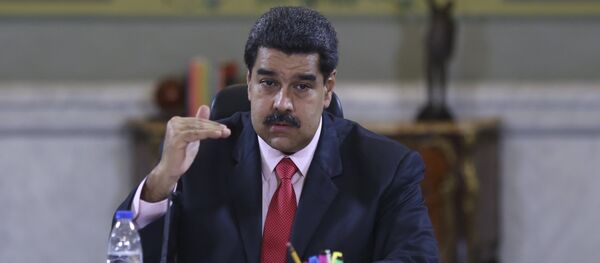"The idea of freezing oil output, which was discussed in April, has played its role in stabilizing the market. The speculators saw that producers can agree. The door for continuing talks remains open in case such a need emerges," Novak said in an interview with the international Asharq Al-Awsat newspaper.
Earlier in August, Saudi Arabia's Minister of Energy, Industry and Mineral Resources Khalid Falih said that the country may coordinate with OPEC and non-cartel exporters to rebalance the market. Reports have also emerged that Venezuela, Ecuador and Kuwait may resume talks on setting new limits on oil production in September at the International Energy Forum (IEF) in Algeria.
"We are cooperating through consultations on the oil market with OPEC and non-OPEC countries. We intend to continue dialogue on stabilizing the markets and are ready for the broadest coordination on the matter, as well as working out joint measures on stabilizing world oil markets given that these measures do not have a short-term character," Novak said.
In April, major oil-producing countries failed to reach an agreement in the Qatari capital of Doha to freeze output at then-levels for the rest of the year in order to boost prices from historic lows of $30-45 per barrel they have hovered around since January. Riyadh, which had previously said that it would freeze output only if Iran followed suit, cited Tehran’s absence from the talks as reason for not supporting an output freeze.




